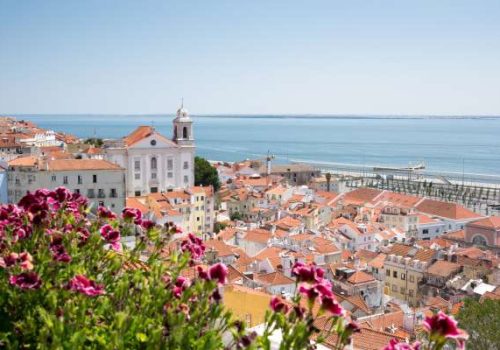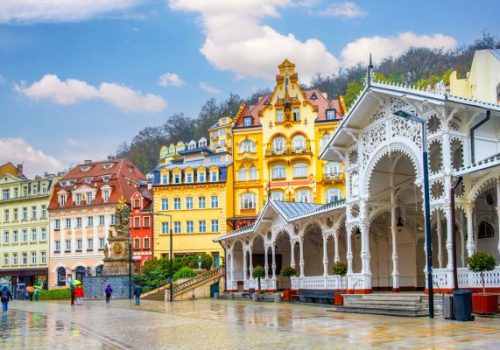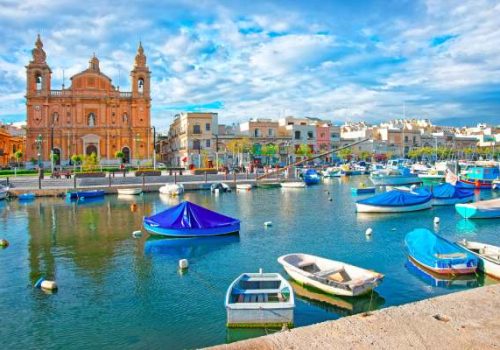Live and work in Warsaw
Warsaw, Poland’s capital and largest city, is a bustling metropolis where history meets modernity. Known for its resilient spirit and rapid economic growth, Warsaw has emerged as a major hub for business, culture, and education in Central Europe. Offering a vibrant lifestyle, affordable living costs, and abundant job opportunities, Warsaw is increasingly popular among expats. This guide covers everything you need to know about living and working in Warsaw, from job prospects and salaries to accommodation and daily life.
Latest jobs in Warsaw and Poland
Unfortunately, we have no vacancies matching this search. Below are some of our most popular vacancies!
- Customer support
- Latvia
- Customer support
- Portugal
- Customer support
- Czechia
- Customer support
- Portugal
Working in Warsaw
Working Conditions in Warsaw
Warsaw offers a professional and dynamic work environment with a standard workweek of 40 hours, typically from 8 am to 4 pm or 9 am to 5 pm. Employees are entitled to 20 to 26 days of annual leave, depending on their length of service, and enjoy 13 public holidays annually. Workplaces in Warsaw are increasingly adopting flexible working hours and hybrid models, particularly in multinational companies and tech firms.
The city’s working culture values punctuality, efficiency, and professionalism. Meetings are structured, and deadlines are taken seriously. While relationships with colleagues are often formal, many workplaces foster a friendly and collaborative atmosphere. Proficiency in English is a significant advantage, especially in international companies, but learning Polish can enhance career prospects and help with integration.
Polish labor laws are protective of workers, ensuring fair wages, job security, and reasonable working hours. Additionally, companies in Warsaw often provide extra benefits such as private healthcare, meal allowances, and gym memberships.
Job Opportunities in Warsaw
As Poland’s economic center, Warsaw is a magnet for professionals across various industries. The city’s diversified economy provides job opportunities in finance, IT, consulting, education, healthcare, and tourism.
The finance sector is one of Warsaw’s strongest, with global banks, investment firms, and insurance companies establishing offices here. Roles in accounting, risk management, and financial analysis are in high demand.
Warsaw is also a growing hub for technology and innovation, with opportunities in software development, cybersecurity, and data analysis. Start-ups and multinational tech companies have a significant presence in the city, offering attractive roles for expats.
The business process outsourcing (BPO) and shared services sectors are major employers, with multinational corporations operating regional centers in Warsaw. These roles often require proficiency in English and other European languages.
For expats interested in academia, Warsaw is home to renowned institutions like the University of Warsaw and the Warsaw School of Economics, which frequently hire researchers and educators. The hospitality and tourism industry also provides opportunities, particularly in hotels, restaurants, and event management.
Networking is essential for job hunting in Warsaw. Expats can leverage platforms like LinkedIn and attend industry events or meetups to build connections.
Salaries in Warsaw
Salaries in Warsaw are competitive within Central Europe, reflecting the city’s economic prominence. The average monthly gross salary is approximately PLN 8,000 (€1,700), though earnings vary significantly by industry and experience. For example:
- IT professionals and engineers can earn between PLN 12,000 and PLN 20,000 (€2,500–€4,300).
- Finance and consulting roles typically pay PLN 10,000 to PLN 15,000 (€2,200–€3,300).
- Customer service and entry-level administrative positions offer salaries around PLN 5,000 to PLN 7,000 (€1,000–€1,500).
While salaries may be lower than in Western European capitals, Warsaw’s lower cost of living allows residents to enjoy a comfortable lifestyle. Many companies also offer bonuses and benefits such as performance incentives and training programs.
Income Tax in Warsaw
Poland’s progressive income tax system applies a 12% rate for annual income up to PLN 120,000 (€26,000) and 32% for income above this threshold. Social security contributions, covering healthcare, pensions, and unemployment benefits, are also deducted from salaries.
Expats working in Warsaw must register with the Polish Tax Authority and obtain a tax identification number (NIP). Poland has signed double taxation agreements with numerous countries, ensuring that expats don’t face double taxation on their income.
Working Culture in Warsaw
Warsaw’s working culture combines professionalism with adaptability. Employers value employees who are punctual, reliable, and results-driven, but there is also a growing emphasis on innovation and collaboration. Workplaces in Warsaw are increasingly embracing flexible hours, remote work options, and casual dress codes, especially in tech and creative industries.
Polish employees often prioritize personal connections, and networking plays a significant role in career growth. Building trust and demonstrating commitment are crucial for long-term success in Warsaw’s professional landscape.
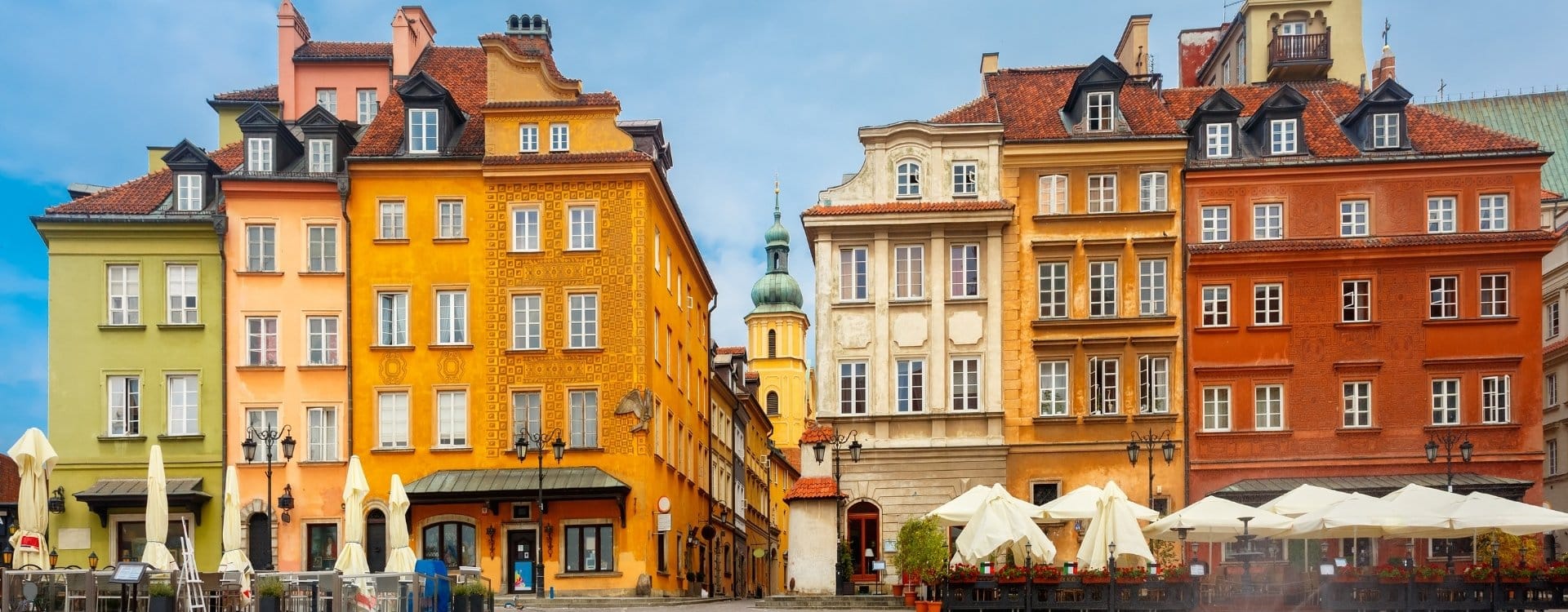
Living in Warsaw
Benefits of Living and Working in Warsaw
Living in Warsaw provides a unique blend of modern urban life and rich cultural heritage. The city is known for its historical landmarks, vibrant arts scene, and extensive green spaces. As Poland’s capital, Warsaw offers excellent public services, including universal healthcare, high-quality education, and efficient public transport.
Warsaw’s central location in Europe makes it an excellent base for travel, with direct connections to major cities like Berlin, Vienna, and Prague. The city’s diverse community and welcoming atmosphere make it an attractive destination for expats from all over the world.
Accommodation in Warsaw
Finding accommodation in Warsaw is relatively easy, with options for all budgets. A one-bedroom apartment in the city center typically costs between PLN 3,500 and PLN 5,000 (€750–€1,100) per month. In suburban neighborhoods like Mokotów, Wola, or Żoliborz, rents are more affordable, ranging from PLN 2,500 to PLN 4,000 (€550–€900).
Shared apartments are popular among students and young professionals, with monthly costs starting at PLN 1,500 (€330) per person. Utilities, including electricity, heating, and water, add approximately PLN 500 to PLN 800 (€110–€180) per month.
Many expats use online platforms like Otodom.pl or work with real estate agencies to find suitable housing. Landlords typically require a deposit equivalent to one or two months’ rent.
Cost of Living in Warsaw
Warsaw is one of Europe’s more affordable capitals, making it attractive for expats seeking a high standard of living without the high price tag. A single person can live comfortably on a monthly budget of PLN 6,000 to PLN 9,000 (€1,300–€2,000), depending on lifestyle. Key expenses include:
- Groceries: Monthly grocery costs range from PLN 800 to PLN 1,200 (€175–€260). Supermarkets like Biedronka, Lidl, and Carrefour offer competitive prices.
- Dining Out: Eating out is affordable, with a meal at a mid-range restaurant costing PLN 50–100 (€11–€22). Local Polish dishes like pierogi and kotlet schabowy are widely available.
- Public Transport: Warsaw’s public transport system is highly efficient, with a monthly pass costing PLN 110 (€24), providing unlimited access to buses, trams, and the metro.
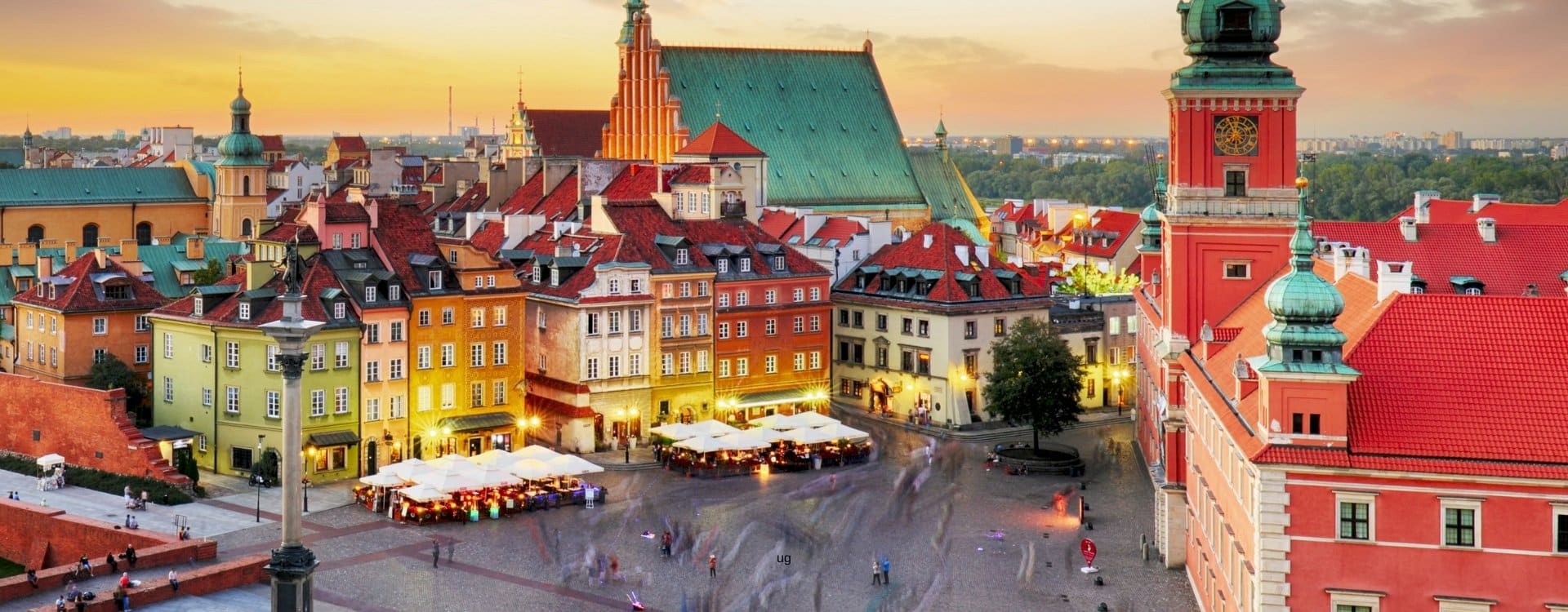
Where to Live in Warsaw
Warsaw’s neighborhoods offer a variety of living experiences. The City Center (Śródmieście) is ideal for those who want to live close to business hubs, cultural attractions, and nightlife. However, it is one of the most expensive areas.
Mokotów is a popular choice for expats, offering a mix of modern apartments, green spaces, and excellent schools. Wola, a rapidly developing district, is home to many high-rise buildings and office complexes, making it ideal for professionals working nearby.
For families, Żoliborz and Ursynów provide quieter, more residential environments with parks and playgrounds. Suburban areas like Bielany and Wilanów offer even more spacious housing and a relaxed pace of life.
Public Transport in Warsaw
Warsaw’s public transport system is extensive and reliable, including buses, trams, and a two-line metro network. A monthly transport pass costs PLN 110 (€24), making it an affordable option for daily commuting.
Cycling is increasingly popular, with dedicated bike lanes and rental services like Veturilo available throughout the city. For those who drive, traffic can be challenging during peak hours, but parking is generally available in suburban areas.
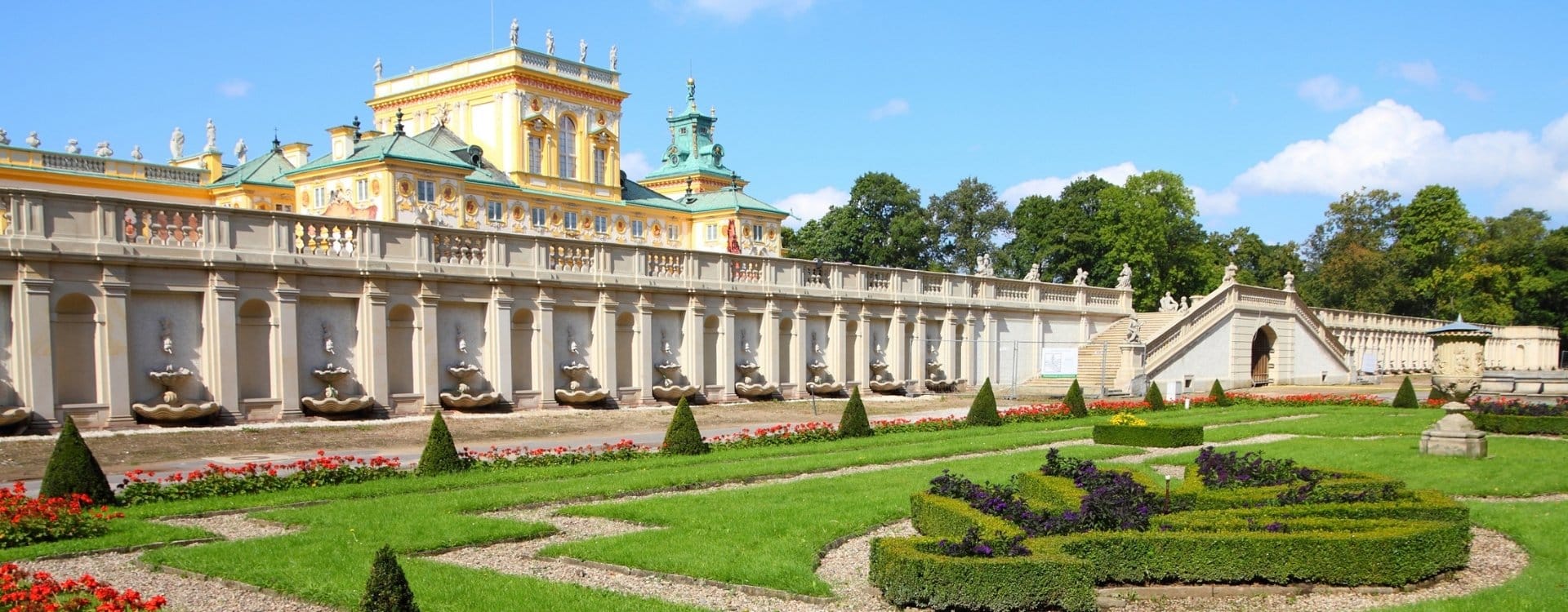
Eating in Warsaw: Restaurants and Food Costs
Warsaw’s culinary scene is diverse and exciting, offering everything from traditional Polish cuisine to international flavors. Local dishes like barszcz (beet soup), bigog (hunter’s stew), and pączki (Polish donuts) are must-tries.
Dining out is budget-friendly, with casual meals costing around PLN 30–50 (€6–€11) and fine dining options starting at PLN 150 (€33) per person. Cafés and bakeries are also popular for coffee breaks, with a cappuccino costing PLN 12–15 (€2.50–€3.30).
For groceries, markets like Hala Mirowska and supermarkets offer fresh produce, meats, and dairy products at reasonable prices.
Warsaw’s Nightlife
Warsaw’s nightlife is vibrant and varied, catering to all tastes. The City Center is home to chic cocktail bars, bustling clubs, and live music venues. Popular areas like Powiśle and Praga offer alternative and artistic atmospheres, with trendy bars and cultural spaces.
During summer, outdoor terraces along the Vistula River create a lively social scene. Warsaw also hosts numerous cultural events, including concerts, theater performances, and film festivals, ensuring there’s always something happening.
Weather in Warsaw
Warsaw experiences a continental climate, with hot summers and cold winters. Summer temperatures average 25°C to 30°C (77°F to 86°F), while winter temperatures often dip below freezing, ranging from -5°C to -10°C (23°F to 14°F). Snowfall is common in winter, adding charm to the city’s historical streets.
Spring and autumn are mild, making them the best seasons to explore Warsaw’s parks, such as Łazienki Park and Saxon Garden.

What Not to Miss in Warsaw
Warsaw is rich in history and culture, with landmarks like the Royal Castle, Palace of Culture and Science, and the Old Town, a UNESCO World Heritage Site. The Warsaw Uprising Museum and POLIN Museum of the History of Polish Jews offer deep insights into the city’s past.
Nature lovers can enjoy the Vistula River, Kabaty Forest, or weekend getaways to the nearby Masurian Lakes. Seasonal events, such as the Christmas Markets and Chopin Concerts, add to Warsaw’s vibrant atmosphere.

